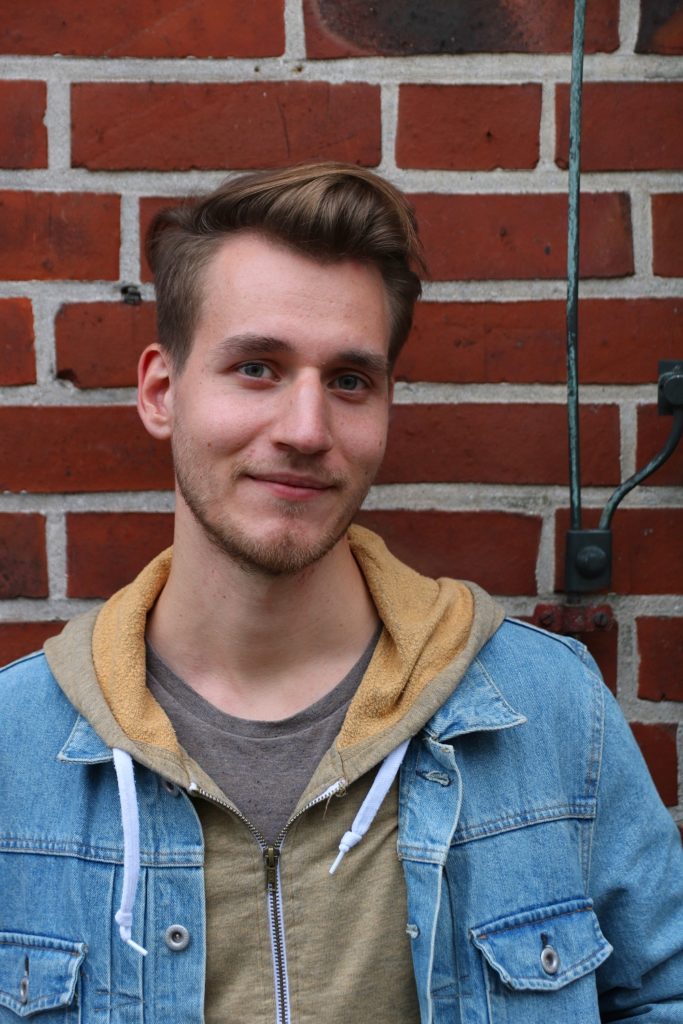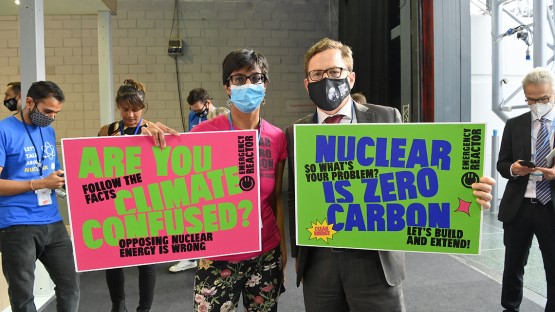Christopher Pavenstädt

Christopher Pavenstädt is a PhD student and research assistant at the DFG-cluster CLICCS at the University of Hamburg. His interests include political discourse, climate change/sustainability and social movements. In his research, he focusses on the transformative role of future-related narratives at the interface between climate movements, science and political actors for German and US-climate politics
#ATOMS4CLIMATE: The Nuclear Lobby at COP26

An energy source that, at least from a German viewpoint, has had its days numbered for quite some time finds new life at climate conferences: nuclear energy. Not only countries that still count on nuclear energy like Japan and France covered the use of nuclear energy in their pavilions, the International Atomic Energy Agency (IAEA) […]
Unseen Scenes From COP26: E-Racing Cars And Youthwashing Events
“COP has now become a Global North Greenwashing Festival”, summarized Greta Thunberg as she closed the rally of the Youth Climate Strike in Glasgow. Greta has come a long way. In 2018, COP24 elevated her voice onto the global consciousness. The young, then 15-year-old girl talking in an accusing, emotional tone, to the distant, very […]
Social Constructions of Climate Futures

How People Imagine their Future in the Context of Climate Change Which perceptions of climate futures are constructed in local, stakeholder/expert, and media discourses about climate change? Climate change takes place independently of how people perceive it, believe in it, or talk and write about it. However, the way people communicate and debate different perceptions […]
Our Bloggers: Who is who of contributors
Michael Brüggemann is Professor of Communication Research, Climate and Science Communication at the University of Hamburg. He is also the Principal Investigator at the interdisciplinary Cluster of Excellence „Climate, Climatic Change, and Society“ (CliCCS) 2019-2025. His research explores the transformations of journalism, political and science communication from a comparative perspective. posts by Michael I website […]
